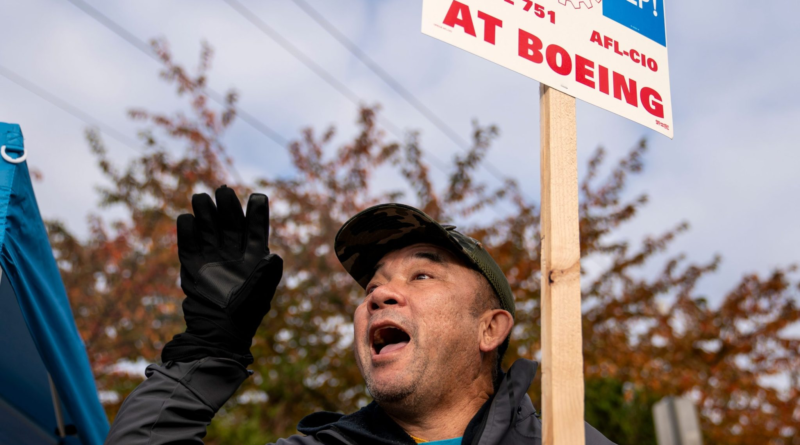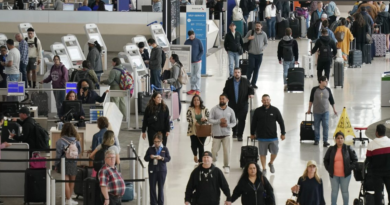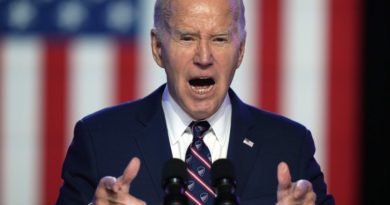Boeing’s new CEO says the company will be ‘iconic’ again—even after losing more than $6 billion last quarter
CEO Kelly Ortberg’s first two months as Boeing’s top brass have been far from smooth.
He’s been saddled with an ongoing strike of 33,000 machinists that is set to continue should workers not agree to Boeing’s offered 35% pay hike over four years. The strike has halted production of key aircrafts like the 737 and 777X, mounting pressure on fulfilling orders and deliveries already years behind. That’s all on top of a door plug flying off a 737 Max mid-flight in January that made Boeing the target of monthslong scrutiny from the Federal Aviation Administration, as well as failures in its space projects that include exploding satellites and stranded astronauts.
But even with Ortberg being tasked with the monumental project of turning around Boeing’s misfortunes, he believes he has found a way forward for the troubled aircraft manufacturer.
“It will take time to return Boeing to its former legacy but, with the right focus and culture, we can be an iconic company and aerospace leader once again,” Ortberg said in the company’s quarterly statement ahead of its Wednesday earnings report.
Outlining a series of “fundamental” changes to Boeing, Ortberg explained that trust in the company has “eroded,” and Boeing has taken on too much debt, with $11.5 billion of that debt maturing through February 2026. He defined a four-part plan to turn the company around, which included changing company culture, stabilizing business, improving project execution, and building “a new future for Boeing.”
The new CEO’s fresh eyes and optimism haven’t initially stopped Boeing from hemorrhaging money, including $6.17 billion this quarter alone. The company’s quarterly revenue of $17.8 billion is a slight year-over-year decrease from $18.1 billion in 2023’s third quarter. Boeing also saw a $10.44 loss per share, more than 300% the loss per share of $3.26 in the same period last year.
The turnaround plan
Ortberg has already made aggressive moves during his short tenure as CEO that will ultimately shrink the company. Boeing fired president and CEO of defense, space and security unit, Ted Colbert, in September after the unit lost $913 million the previous quarter. The company announced earlier this month plans to lay off 10% of its workforce, about 17,000 employees.
Aside from leadership shakeups, Boeing is also considering raising $35 billion in funds, including $25 billion in shares or debt and $10 billion in a credit agreement with banks like Goldman Sachs and JPMorgan Chase, to help pay its bills. Last week, Boeing reached a deal to sell one of its small subsidiaries that makes surveillance technology for the U.S. military, the Wall Street Journal reported.
In his quarterly statement, Ortberg said he plans to increase leadership’s integration into everyday company operations. “We need to be on the factory floors, in the back shops and in our engineering labs,” he said. “We need to know what’s going on, not only with our products, but with our people.”
When Boeing’s factories are able to return to full functioning after the strike, the company will be keen to ramp up aircraft production, which was stymied after the FAA’s decision to prohibit Boeing from increasing production of 737 Max plans beyond 38 per month in January, following its series of safety and quality blunders. Boeing will have to prove to the regulatory body it has implemented and maintained an updated safety and quality plan.
“It’s much harder to turn this on than it is to turn it off. So it’s critical, absolutely critical, that we do this right,” Ortberg said. “This is a company that ushered in the new era of air travel and helped land the first man on the moon.”



